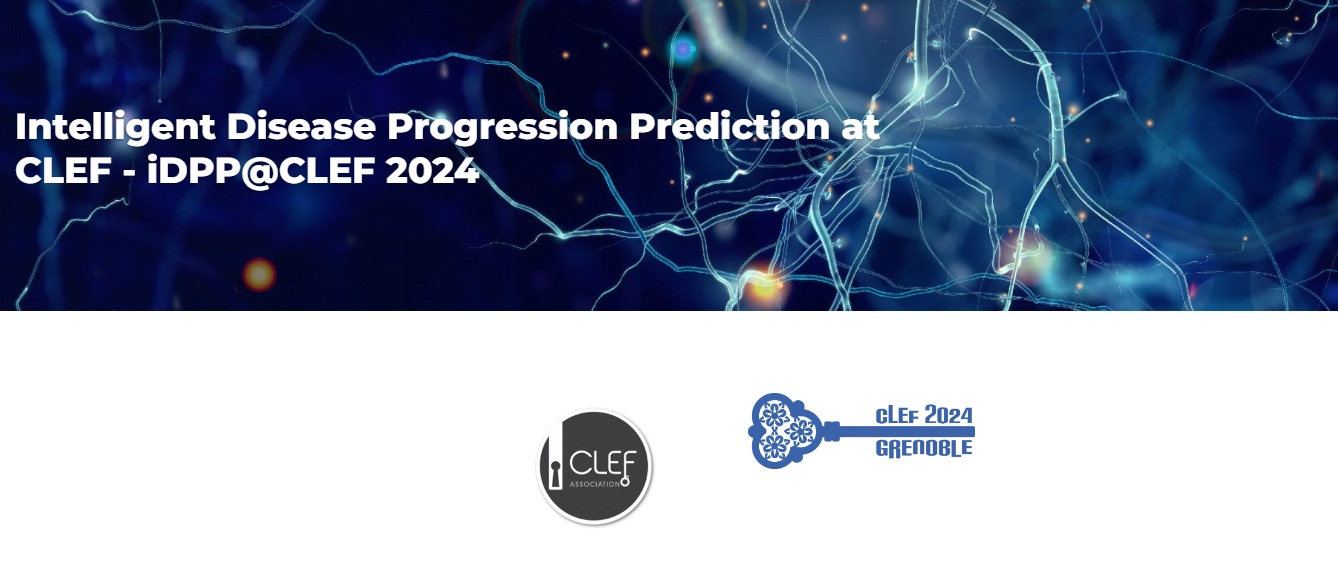ALS and MS are two severe neurodegenerative diseases that affect the Central Nervous System (CNS). They are chronic diseases characterized by progressive or alternate impairment of neurological functions (motor, sensory, visual, cognitive). Patients undergo alternated periods in hospital with care at home, experiencing a constant uncertainty regarding the timing of the disease acute phases and facing a considerable psychological and economic burden that also involves their caregivers. Clinicians, on the other hand, need tools able to support them in all the phases of the patient treatment, suggest personalized therapeutic decisions, indicate urgently needed interventions.
Therefore, AI algorithms, trained on both retrospective and prospective patient data, can be of great help to both clinicians and patients in providing indications about the estimated progression of such diseases to support therapeutic decisions, to contribute to better caregiving, and to reduce psychological burden and uncertainty.
To be effective and accurate such AI algorithms need, at the same time, to be trained on real patient data and to be tested on previously unseen patient data, in order to evaluate and ensure their capacity of reliably operate in real conditions.
In this respect, the iDPP@CLEF challenges are a quite effective way to embody the Open Science and FAIR visions since they create and curate datasets which are then distributed to other researchers participating in the challenges and are available also beyond the challenges themselves under open source licenses; they bring together researchers working on such AI prediction algorithms and let them directly compare their approaches on the same datasets in order to understand what works better and why; they steer the development of such AI algorithms by setting increasingly complex tasks iteration after iteration; they accelerate knowledge transfer by organizing an annual event where participants discuss their approaches, by publishing the technical description and analysis of the participant approaches in open access outlets, and by sharing the results of participants’ approaches under open source licenses.
Read the full article by Nicola Ferro (University of Padua, Italy) here.

